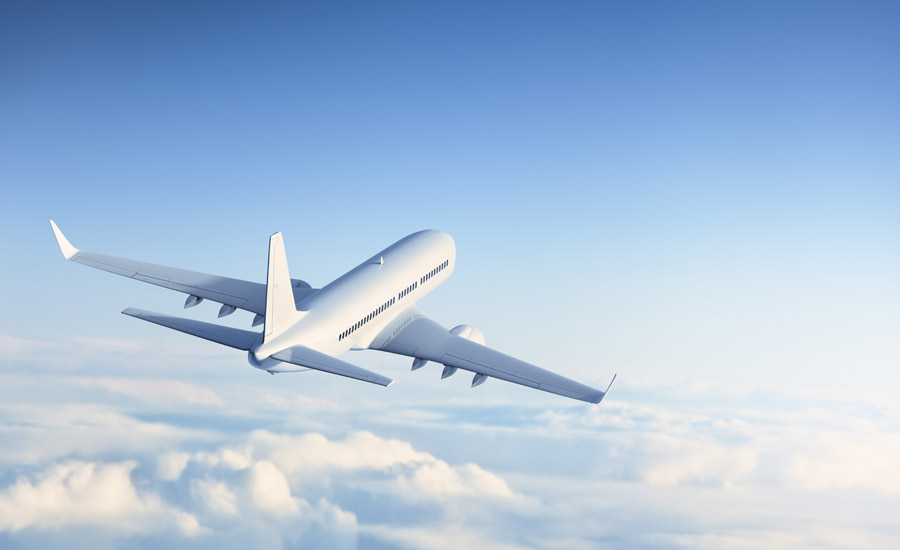Businesses around the globe have strengthened health and safety standards. In the wake of the coronavirus and civil unrest, companies everywhere are tightening security measures and taking extra precautions — and so should you.
With your industry in the spotlight, you must uphold personal health standards and develop a higher regard for the general public. In doing so, you’ll keep yourself, clients and fellow workers safe.
1. Journey by car
If you’re traveling domestically, learning to embrace long road trips may be the key to staying safe in 2021. That’s because journeying by car is one of the safest ways to get around these days.
Even renting a car is a more sanitary option than boarding a plane, train or bus. Major firms like Hertz and Enterprise have enhanced their cleaning standards, so everything from mirrors to cupholders is germ-free and ready for drivers and passengers.
2. Rest up before traveling
Do you struggle with chronic fatigue and sleepiness? This condition is often a result of long hours and restless nights. However, medical issues could also affect your energy levels and attention span.
Ultimately, these symptoms could compromise your safety, especially if you’re behind the wheel or trying to keep an eye on your personal belongings on public transportation. Therefore,you must rest up and get some extra shuteye in the days leading up to your work trip.
3. Bring your own equipment
Like driving your own car, bringing equipment with you while you travel is a great way to increase safety.
For example, you might keep a few masks on your person as many businesses and U.S. transportation hubs still require travelers to wear one. Meanwhile, if you’re traveling by car, bring everything you might need — from hand tools to medical equipment — with you. You won’t have to borrow anything or risk spreading germs.
4. Prepare travel documents
Traveling internationally isn’t necessarily unsafe. However, it does put you at a greater risk of having your travel documents stolen. If someone compromises this level of personal security, you’ll be in quite a pickle.
Make copies of your passport, ID and any other travel documents you plan to bring with you. Keep the copies in your luggage and the originals on your person while traveling for maximum security.
5. Research the destination
When planning any international business trip, it’s crucial to research your destination and perform a risk assessment. This tip is especially important for self-employed professionals and contractors, as no one else will complete this step for you.
Is there violence or disease in your destination country? Maybe it experienced a recent natural disaster, and the U.S. has issued a travel advisory or another similar warning. Before booking your flight, conduct a quick Google search to make sure your next stop is safe.
6. Share your plans
Regardless of where you’re traveling or how long you’ll be there, you must trust someone else with your plans. Freak accidents — not to mention kidnappings, murders and other bone-chilling incidents — occur all the time. In an emergency, at least one other person has to know where to look for you.
Confide in a neighbor, close friend or family member about your travel plans and share as much information as you feel comfortable. They might even be willing to watch the house or pet sit for you while you’re away. Just refrain from posting about the trip on Facebook, as doing so exposes you to opportunistic burglars.
Plan for the worst, hope for the best
In an ideal world, you wouldn’t have to worry about thieves, viruses and war before doing your job. However, today’s industrial professionals must be attuned to and prepared for these ever-present dangers. With a little planning and a lot of forethought, you’ll successfully protect both yourself and those around you.









